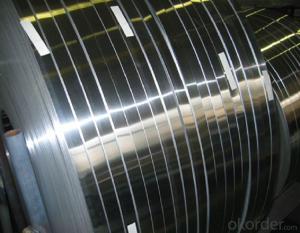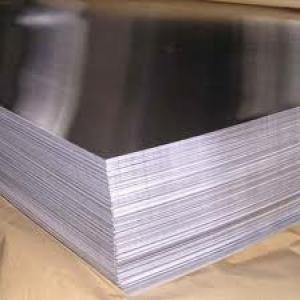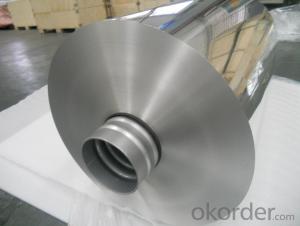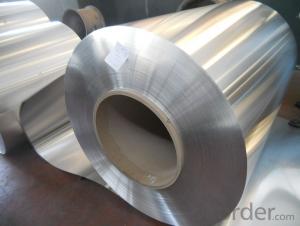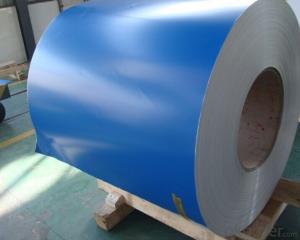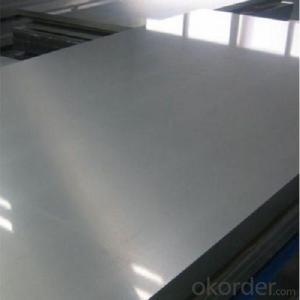3003, 3104, 5182 Thin Aluminum Strip for Sale
- Loading Port:
- Shanghai
- Payment Terms:
- TT OR LC
- Min Order Qty:
- 5 m.t.
- Supply Capability:
- 5000 m.t./month
OKorder Service Pledge
OKorder Financial Service
You Might Also Like
l Product Specification
| Alloy | L1~L6, 2A02, 2A06, 2A11, 2A12, 2A13, 2A14, 2A16, 2A50, 2A70, 2A80 2A90, 3003, 5052, 5083, 6061.etc |
| Temper | O; F; H111; H112; H12; H14; H16; H18; H19; H22; H24; H26 |
| Application | ceiling, transportation, decorative, packaging, beverage cans, LED light |
| Surface treatment | mill finish, color coated finish, embossed finish |
| Thickness | 0.2-3.0mm thick |
lPackaging & Delivery
Packaging detail: seaworthy standard package- pvdf aluminum coil
Delivery detail: 30 days ofter get the deposit
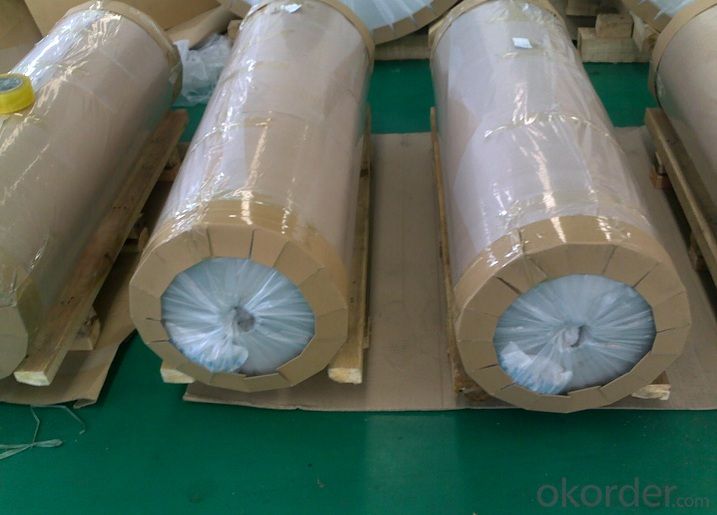
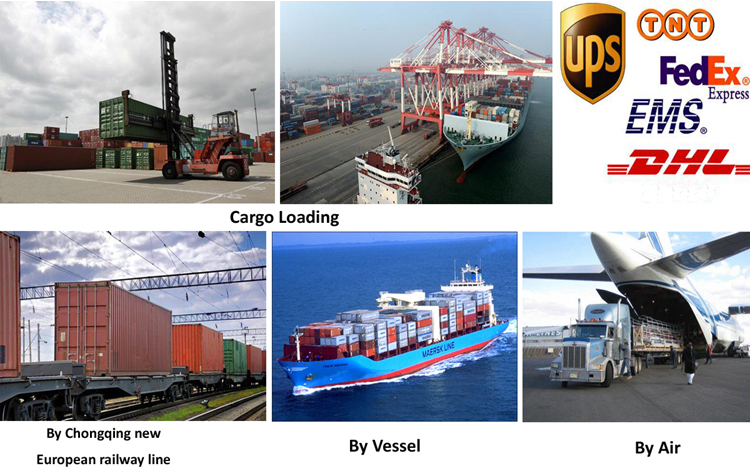
l Company Profile
CNBM International Corporation, China National Building Materials (Group) Corporation, is one of the largest companies in China building material & equipment industry, with 42,800 employees and sales in 2005 of US Dollar 4.395 billion. In 2006, China National Building Material Company Limited was listed on Hong Kong Stock Market with the stock code as 3323. |
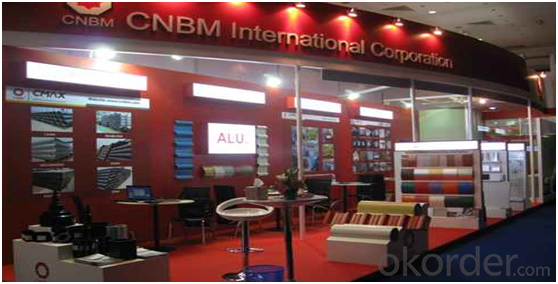
l CNBM World Wide
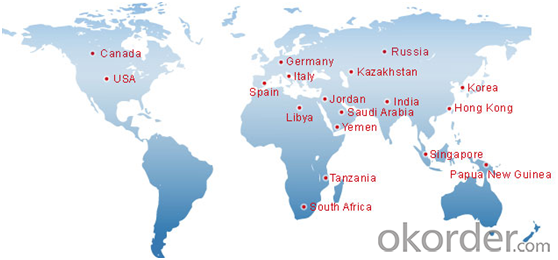
l Product Images
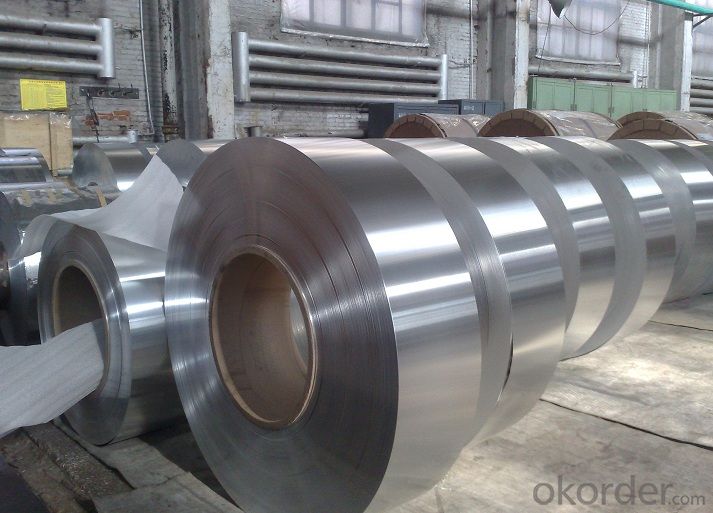
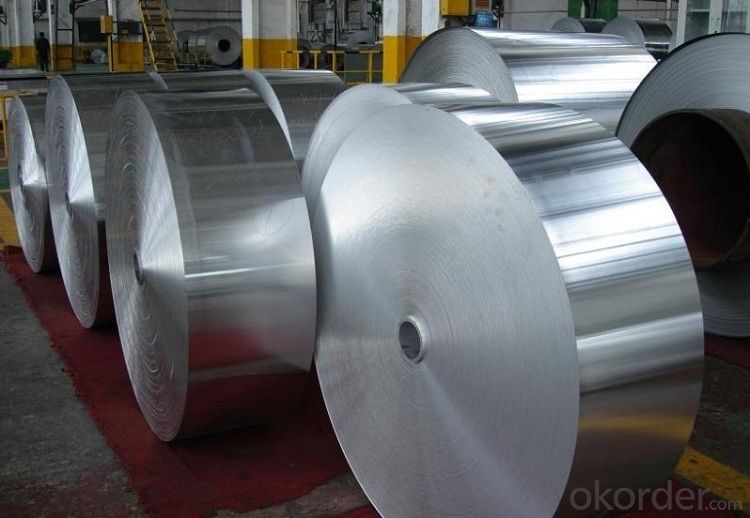
l Certificates
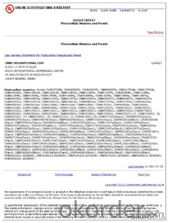
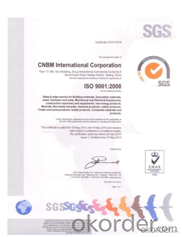
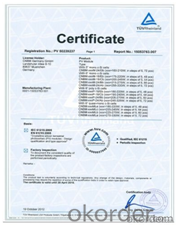
l FAQ
Q: Do you provide free samples?
A: Yes, free samples will be sent to you on freight at destination.
Q: Can I get your latest products catalogue?
A: Yes, it will be sent to you in no time.
Q: What is the MOQ?
A: 5 tons
Q: What are your payment terms?
A: We accept L/C, T/T.
l Contact Us
Email:service@okorder.com
- Q:How do 101 aluminum sheets compare in terms of strength and durability?
- The strength and durability of 101 aluminum sheets can be evaluated based on their mechanical properties and performance characteristics. In terms of strength, 101 aluminum sheets possess moderate strength that is suitable for many applications. They have a tensile strength of around 27,000 psi (pounds per square inch) and a yield strength of approximately 21,000 psi. This indicates that they can withstand moderate amounts of stress and load without deforming or breaking. Durability-wise, 101 aluminum sheets have good resistance to corrosion, making them suitable for outdoor and marine applications. They are also highly resistant to various forms of weathering, including UV radiation and extreme temperatures. Their corrosion resistance is mainly due to the presence of a thin, protective oxide layer on the surface, which prevents further oxidation and ensures long-term durability. However, it is important to note that 101 aluminum sheets are not the most durable option available. They are not as strong or durable as some other aluminum alloys, such as 6061 or 7075, which have higher tensile and yield strengths. Hence, if a project requires exceptional strength or durability, it may be beneficial to consider using a different aluminum alloy. In conclusion, 101 aluminum sheets offer moderate strength and good durability, making them suitable for a wide range of applications. However, if the project requires higher strength or exceptional durability, it may be necessary to explore alternative aluminum alloys with superior mechanical properties.
- Q:How do you prevent oxidation of exposed edges of aluminum sheets?
- To prevent oxidation of exposed edges of aluminum sheets, there are a few effective methods that can be employed: 1. Apply a protective coating: One of the most common ways to prevent oxidation is by applying a protective coating on the exposed edges of aluminum sheets. This can be done using various types of coatings, such as paint, lacquer, or a specialized protective coating designed specifically for aluminum. These coatings act as a barrier, preventing the aluminum from coming into contact with oxygen and moisture, which are the primary causes of oxidation. 2. Use anodizing: Anodizing is a process in which a protective oxide layer is created on the surface of aluminum. By subjecting the aluminum sheets to an electrolytic process, a controlled and thick layer of oxide is formed, which acts as a barrier against oxidation. Anodizing also provides additional benefits such as improved corrosion resistance and enhanced aesthetics. 3. Implement proper storage and handling: Proper storage and handling practices can also help prevent oxidation of exposed edges. Aluminum sheets should be stored in a dry and well-ventilated area, away from moisture and humidity. It is important to avoid storing aluminum sheets directly on the ground or other surfaces that may cause them to come into contact with moisture. Additionally, gloves should be worn during handling to minimize the transfer of oils from the skin, which can accelerate oxidation. 4. Regular cleaning and maintenance: Regular cleaning and maintenance of aluminum sheets can help prevent oxidation. This involves removing any dirt, grime, or other contaminants that may accumulate on the surface, as they can contribute to the oxidation process. Cleaning can be done using mild soaps or detergents, and a soft cloth or sponge. After cleaning, it is important to thoroughly dry the aluminum sheets to remove any remaining moisture. By implementing these preventive measures, the oxidation of exposed edges of aluminum sheets can be effectively minimized, ensuring their longevity and maintaining their aesthetic appeal.
- Q:Are 101 aluminum sheets suitable for aerospace tooling?
- 101 aluminum sheets are not appropriate for aerospace tooling due to their lack of high strength, stiffness, and heat resistance. Aerospace tooling necessitates materials like high-strength aluminum alloys (such as 7075 or 2024) or even specialized materials like titanium alloys for more demanding tasks. These materials possess superior mechanical properties and can endure the rigorous conditions encountered in aerospace manufacturing.
- Q:A construction worker uses a steel tape to measure the length of an aluminum support column. If the measured length is 17.7 m when the temperature is 21.2°C, what is the measured length when the temperature rises to 35.4°C? (Note: Do not neglect the expansion of the steel tape. Give your answer to three decimal places.)I am really confused... Could someone solve it for me with a step-by-step explanation? Thank you so much.
- Assume linear thermal expansion with constant expansion coefficient. The change of length is given by: ΔL = L?·α·ΔT (L? initial length, α linear thermal expansion coefficient) The overall length of an object as function of temperature is: L= L? + ΔL = (1 + α·ΔT) · L? Consider the measurement at 21.2°C as reference: The aluminum column changes its length to L= (1 + α_aluminum · ΔT) · L? = (1 + 23×10-6 ^C°-1 · (35.4°C - 21.2°C) ) · 17.7m = 17.705m That would be the length measured with a steel tape at reference temperature of 21.2°C. Unfortunately the steel tape expands too. Because the scale increases with the expansion it measures too short. On the expanded tape you read the length L? while the actual length is L. Hence the measured length is: L? = L / (1 + α_steel · ΔT) = 17.705m / (1 + 11×10-6 ^C°-1 · (35.4°C - 21.2°C) ) = 17.003m
- Q:i know the 4100 is aluminum........im wondering if this one is also..
- yes it is aluminiun heads cast block
- Q:How thick can aluminum sheets be?
- Aluminum sheets can vary in thickness, ranging from as thin as 0.006 inches (0.15mm) to as thick as 0.5 inches (12.7mm) or more, depending on the specific requirements and applications.
- Q:Are the aluminum sheets suitable for electrical conductivity applications?
- Indeed, aluminum sheets prove to be a fitting option for electrical conductivity applications. Possessing a high level of conductivity, aluminum demonstrates an electrical conductivity that is approximately 61% of copper's. Consequently, it has become widely favored for a multitude of electrical and electronic applications that prioritize conductivity. Notably, aluminum sheets find purpose in the fabrication of power transmission lines, electrical cables, bus bars, and heat sinks, among other uses. Furthermore, aluminum boasts attributes such as lightweightness, resistance to corrosion, and commendable thermal conductivity, all of which contribute to its suitability for electrical conductivity applications.
- Q:Can aluminum sheets be used for modular construction?
- Absolutely, modular construction can utilize aluminum sheets. Aluminum proves to be an adaptable and lightweight substance that presents numerous advantages for modular construction undertakings. Its resilience, resistance to corrosion, and impressive strength-to-weight ratio render it appropriate for a wide range of structural applications. The malleability of aluminum sheets permits them to be effortlessly fabricated and molded into various forms and dimensions, enabling flexibility in both design and construction. Furthermore, aluminum's recyclability positions it as an environmentally conscious selection for sustainable construction practices. All things considered, aluminum sheets stand as a feasible choice for modular construction given their robustness, durability, and versatility.
- Q:Can 101 aluminum sheets be customized in terms of size and thickness?
- Yes, 101 aluminum sheets can be customized in terms of size and thickness. Aluminum sheets can be cut to the desired size and thickness using various cutting techniques such as shearing, sawing, or laser cutting. Additionally, aluminum sheets can also be rolled or stretched to achieve the desired thickness. Customizing the size and thickness of aluminum sheets allows them to be tailored to specific applications or requirements.
- Q:Are aluminum sheets suitable for reflective signage?
- Indeed, reflective signage can effectively utilize aluminum sheets. This adaptable material is frequently employed for such signs because of its resilience, lightness, and capacity to reflect light. With a noteworthy reflectivity index, aluminum proves itself ideal for situations where visibility is of utmost importance, such as road signs, traffic signs, and safety signs. By applying reflective films or paints to aluminum sheets, their reflective properties can be further enhanced, guaranteeing optimal visibility even in dimly lit environments. Furthermore, aluminum's resistance to weathering, corrosion, and fading ensures that it remains a durable and economical option for reflective signage in the long run.
1. Manufacturer Overview |
|
|---|---|
| Location | |
| Year Established | |
| Annual Output Value | |
| Main Markets | |
| Company Certifications | |
2. Manufacturer Certificates |
|
|---|---|
| a) Certification Name | |
| Range | |
| Reference | |
| Validity Period | |
3. Manufacturer Capability |
|
|---|---|
| a)Trade Capacity | |
| Nearest Port | |
| Export Percentage | |
| No.of Employees in Trade Department | |
| Language Spoken: | |
| b)Factory Information | |
| Factory Size: | |
| No. of Production Lines | |
| Contract Manufacturing | |
| Product Price Range | |
Send your message to us
3003, 3104, 5182 Thin Aluminum Strip for Sale
- Loading Port:
- Shanghai
- Payment Terms:
- TT OR LC
- Min Order Qty:
- 5 m.t.
- Supply Capability:
- 5000 m.t./month
OKorder Service Pledge
OKorder Financial Service
Similar products
New products
Hot products
Related keywords
